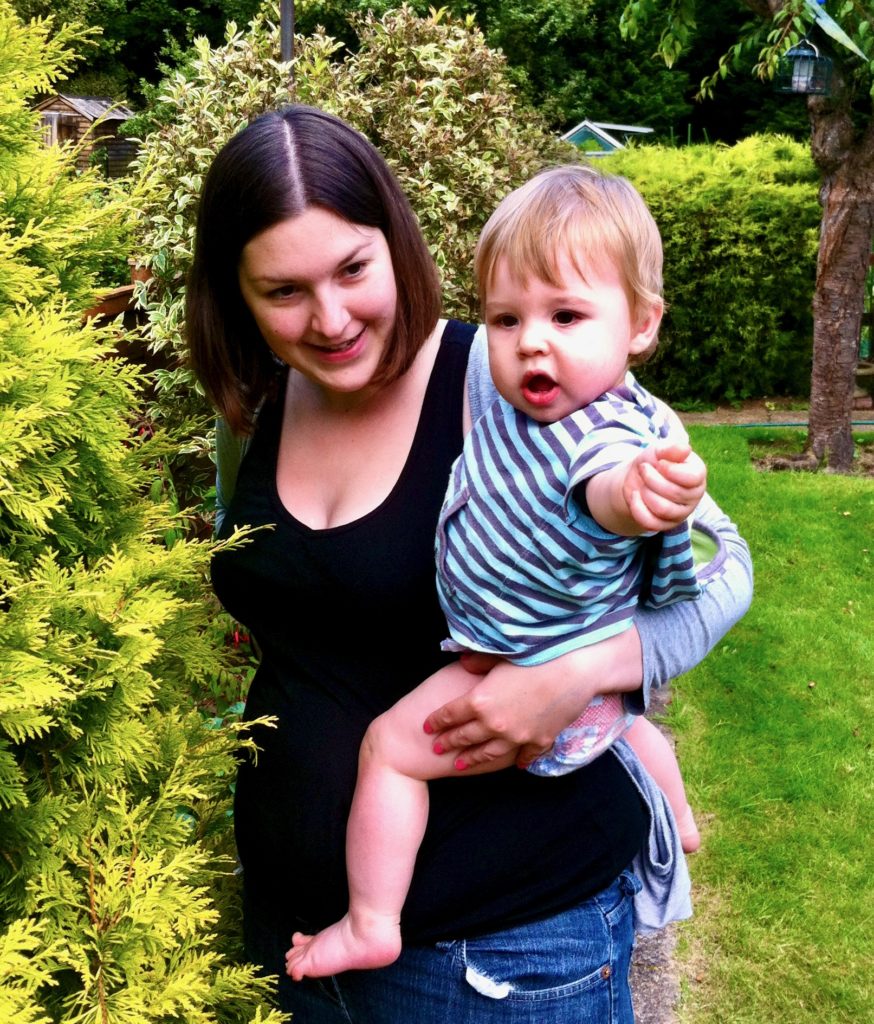Due to the current restrictions around social contact, I have been unable to visit any of my clients for the last 4 weeks, so I thought to keep me busy I would write a blog, moving from communicating with babies, through to toddlers and preschoolers and then some advice for children with speech, language and communication delays. Please share with anyone you feel may find this useful.
So today I thought I’d start with communication advice for babies. My idea is that any of this advice can be done anywhere and at any time, especially at home (given the current circumstances!)
Talking to your baby can begin as early as when they are in the womb. Your baby will be able to hear and recognise your voice and talking to your bump will help you get used to talking to someone who doesn’t talk back! Your partner can also join in, which will help baby learn to recognise their voice.

Once baby is here, talk to them as much as you can. I used to describe what I was doing as I was cooking and my baby was watching in his bouncer or constantly chat while walking around the supermarket (not particularly practical right now I know!)
There has been lots of evidence to suggest that adults talk to their children differently than they do to other adults – using “baby talk” or motherese which is much more musical and exaggerated. This way of talking is so beneficial as it helps babies attend to, and engage with, their care givers. It is slower and so helps develop understanding and highlight the structure of language/sentences.
And you don’t have to talk all the time – some of the most powerful moments between you and your baby can be during face to face time, just making eye contact, copying any movements they may be making, sharing smiles. If your baby makes any sounds you can copy them back. This is can help build the foundations of turn taking, needed for conversations as children get older.
Reading to babies can be done as early as you want, they do not need to be aware of the book, its just a perfect opportunity for them to hear your voice and begin to build reading into your routine.
The same goes for singing and music. There’s a reason so many toys designed for babies make noise or sing songs, but they will love your voice singing to them just as much and home made shakers made from plastic bottles and rice can be just as effective as a shop bought toy.

Once your baby is a bit more mobile, interactive and showing an interest in toys then label objects, using single words as much as possible. If your baby has moved onto solids then name the food they are eating as they are eating it. Talk to them at bath time, using lots of fun words like ‘splash’ and ‘pop’ to help engage them. In fact you can bring language into any aspect of your routine – getting dressed time, morning cuddles, out on a walk, anytime!
For more ideas and advice around talking to, playing and general life with babies and young children visit https://www.bbc.co.uk/tiny-happy-people for some excellent stuff!